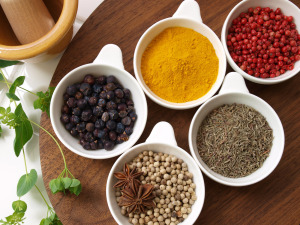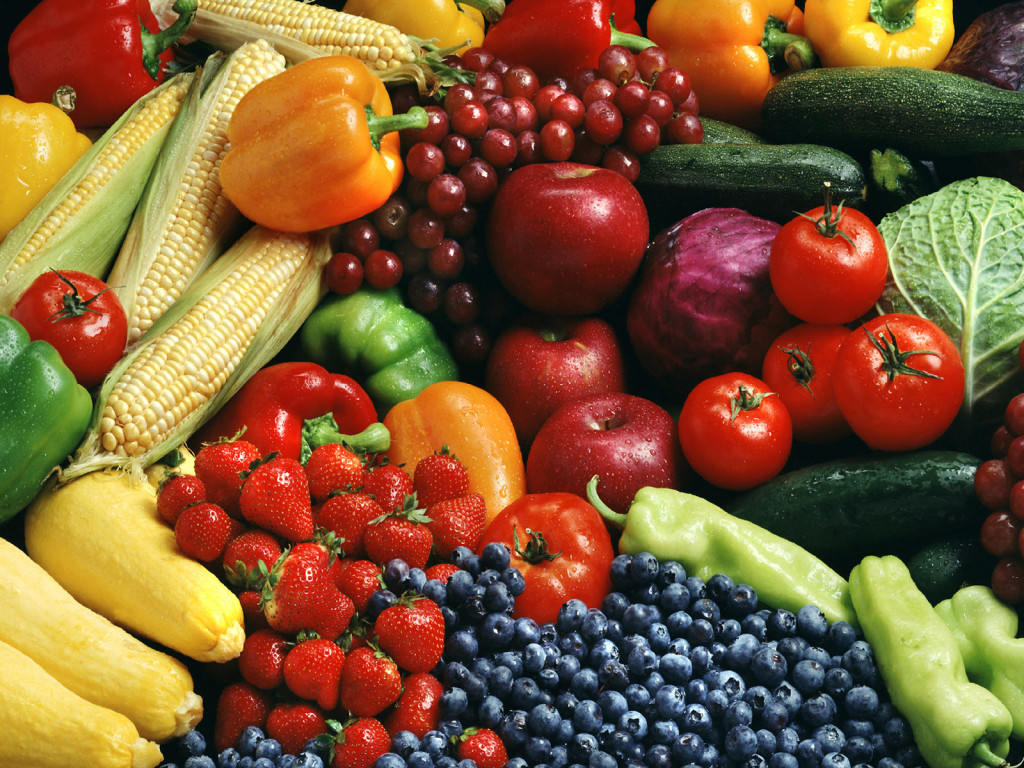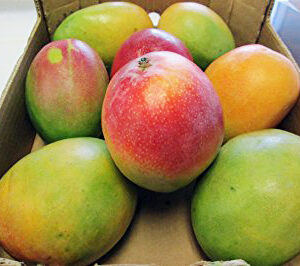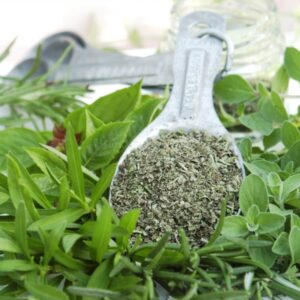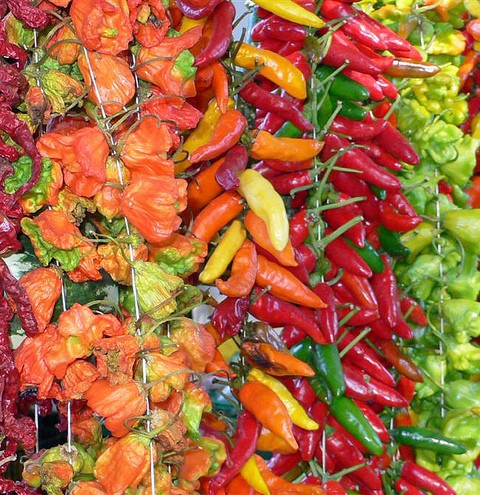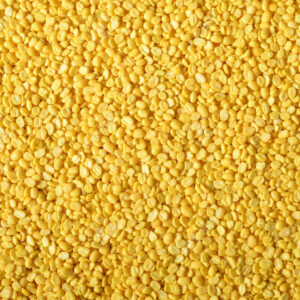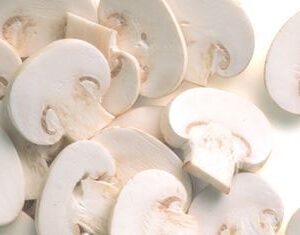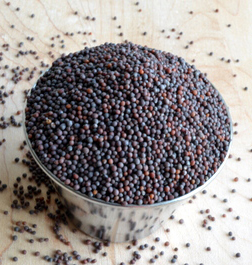Ingredients Nutrition Glossary
When we start using recipes, we may want to get some information about the ingredients we are using. This Glossary offers some of that information. Hover over the slightly highlighted Keywords to see an Image, a Description and a link to a related website for detailed information.
-
Mangoes
Mangoes ~ In addition to sumptuous tropical flavor, mangos deliver a host of nutrients and make healthy eating a delightful sensory experience. The Dietary Guidelines for Americans recommend that healthy adults consume 5 to 13 servings of fruits and vegetables every day (based on a daily consumption of 1,200 to 3,200 total calories). That’s where mangos come in! The versatile mango is available year round and adds delicious flavor to a balanced diet.
Visit this Site for Nutrition Facts about mangoes
-
Marjoram
Marjoram has delicate sweet flavor, and subtle pungent taste. The herb composes many notable phytonutrients, minerals, and vitamins that are essential for optimum health and wellness. The herb parts contain certain chemical constituents that are known to work as anti-inflammatory and anti-bacterial properties. Fresh herb has high levels of vitamin-C, beta-carotene, vitamin-A, vitamin-K and other compounds that play a protective role in aging and various disease processes. Marjoram herb carries a good amount of minerals like iron, calcium, potassium, manganese, copper, zinc and magnesium. Furthermore, its dry leaves are an excellent source of iron.
Visit this Site for Nutrition Facts about Marjoram -
Mexican Chili Powder
This spice adds a piquant and flavorful taste to any delicacy. Tt is widely used in Indian dishes, Tex-Mex recipes, Chinese cuisines and Thai foods. Just a dash or two of chili powder can kick up the taste of your palate! It is also a powerhouse of tremendous medicinal and health benefiting properties.
Please visit this site for further info.
-
Mung Dahl
Mung beans are colorful and tasty. Prevent sepsis, low in calories, sodium and fat, have powerful antitioxidant properties that fight disease and protect your body. Fight bad LDL cholesterol, inhibit cancerous tumors, regulate hormones, have anti-aging properties, low gycemic load, weight loss,and has a bunch of vitamins.
Visit this Site for Nutrition Facts about Mung Dahl.
-
Mushrooms
Often grouped with vegetables, mushrooms provide many of the nutritional attributes of produce, as well as attributes more commonly found in meat, beans or grains. Mushrooms are low in calories, fat-free, cholesterol-free, gluten-free, and very low in sodium, yet they provide important nutrients, including selenium, potassium, riboflavin, niacin, vitamin D and more.
Visit this Site for Nutrition Facts about Mushroom
-
Mustard Seeds
Mustard Seeds add flavor to a dish. It is popular especially in South India. They have anti-cancer and anti-inflammatory qualities.
Visit this Site for Nutrition Facts about Mustard Seeds.

